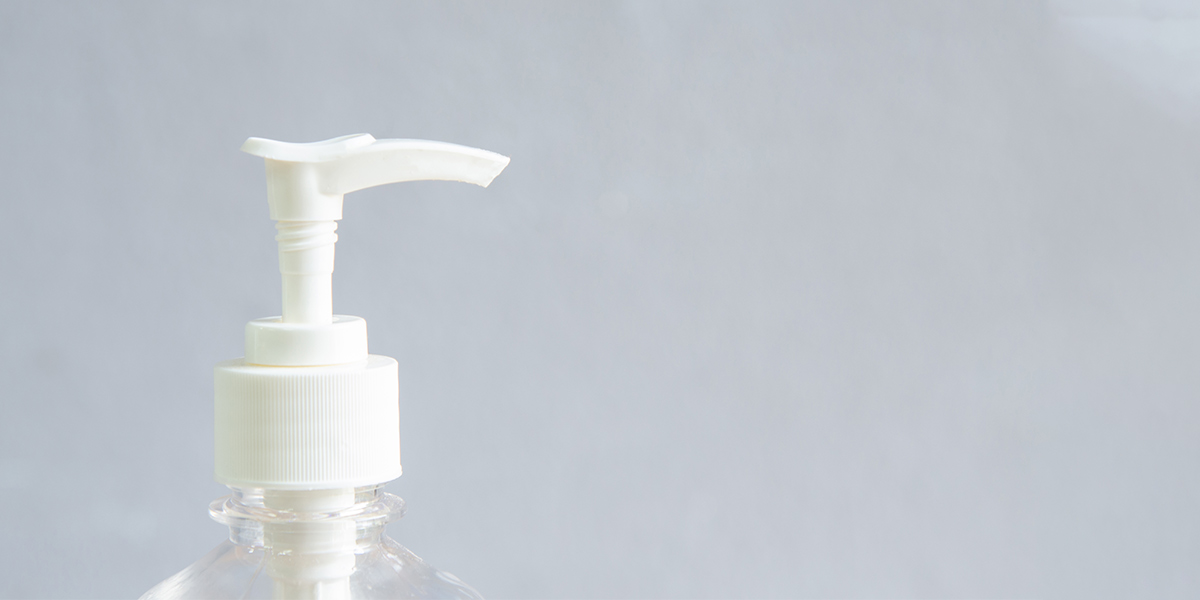With lots of things getting mispriced in the midst of the coronavirus panic, our chief investment officer Julian Chillingworth extols the virtues of keeping calm and looking beyond the current disruptions.

Sold out
Not all sales are suffering from the coronavirus outbreak – panic buying has dried up supplies of antibacterial hand gel. According to one of the shop assistants in the Boots just around the corner from our office, they flew off the shelves by the basket-full.
The going rate is about £7 on Amazon, and you have to wait a few weeks for delivery. But fret not, there’s still antibacterial soap to be had – no wait and it costs just 30p per 100ml. It makes you wonder…
The virus behind this panic buying is of great concern, first of all for the suffering it’s causing to people, but also for the economic hardship it could cause if it pushes the world into recession. But as with all previous epidemics, this one is coupled with an ‘infodemic’ of misinformation, misunderstanding and conspiracy. And sometimes that can lead to panic, as it has done in the case of hand gel sales and seemed to do in the markets last week.
It took the coronavirus just a week to wreak havoc in global financial markets – the fastest stock market correction (defined as a greater than 10% drop from the previous peak) on record. But we think the fast and violent nature of last week’s correction is damaging investor confidence by seeming to give it more credibility than it deserves.
The big question for investors is how long it will be before the virus peaks outside China and, although a vaccine is some way off, whether the warmer weather and longer daylight in the northern hemisphere will slow the spread of the virus as spring approaches. Ultimately, the question is how much damage will be inflicted on company profits before this peak in new cases and subsequent recovery occurs. When that will be, nobody knows, not even the top public health experts.
Since the Second World War, there have been four previous 10% falls in the S&P in a single week: the October 1987 crash, the April 2000 bursting of the TMT (technology, media and telecoms) bubble, the September 2001 terrorist attacks and the October 2008 Lehman's bust. In all cases the authorities reacted by implementing major monetary and fiscal stimulus packages.
Expectations for a rate cut from the US Federal Reserve were met in a matter of days, with Tuesday’s half-point slashing of its Fed Funds target range down to 1-1.25%. Fiscal stimulus packages are expected across the major economies, and the US Presidential candidates will probably be falling over each other to offer promises of support. The Chinese government has already started its own stimulus operation and Hong Kong has engaged in ‘helicopter money’, dropping large amounts of cash on its citizens.
While there could be several false dawns, we doubt the effects will still be lingering a few years from now, and we’re long-term investors. We think it’s unlikely there will be a sharp ‘V-shaped’ recovery in the global economy, but a more gradual ‘U-shaped’ one is a distinct possibility.
Bond yields and cash rates have plunged further below inflation rates (and, in many cases, below zero). When markets eventually stabilise and postponed spending and economic activity is unleashed, this is likely to increase demand for the higher returns that equities offer over less risky assets.
The coronavirus episode will damage global growth over the next few quarters, and the continued deceleration of global activity is coupled with risks of a more severe scenario. This suggests a bias toward defensive areas, with good quality earnings that are less vulnerable to the economic cycle, continues to make sense.
Like hand gel, lots of things are going to be mispriced in the course of this epidemic-infodemic. What we know so far suggests the right approach is stay calm, avoid any panic selling and look for opportunities. The investment equivalent of buying soap today instead of greatly overpriced hand-gel that may arrive in a few weeks.




